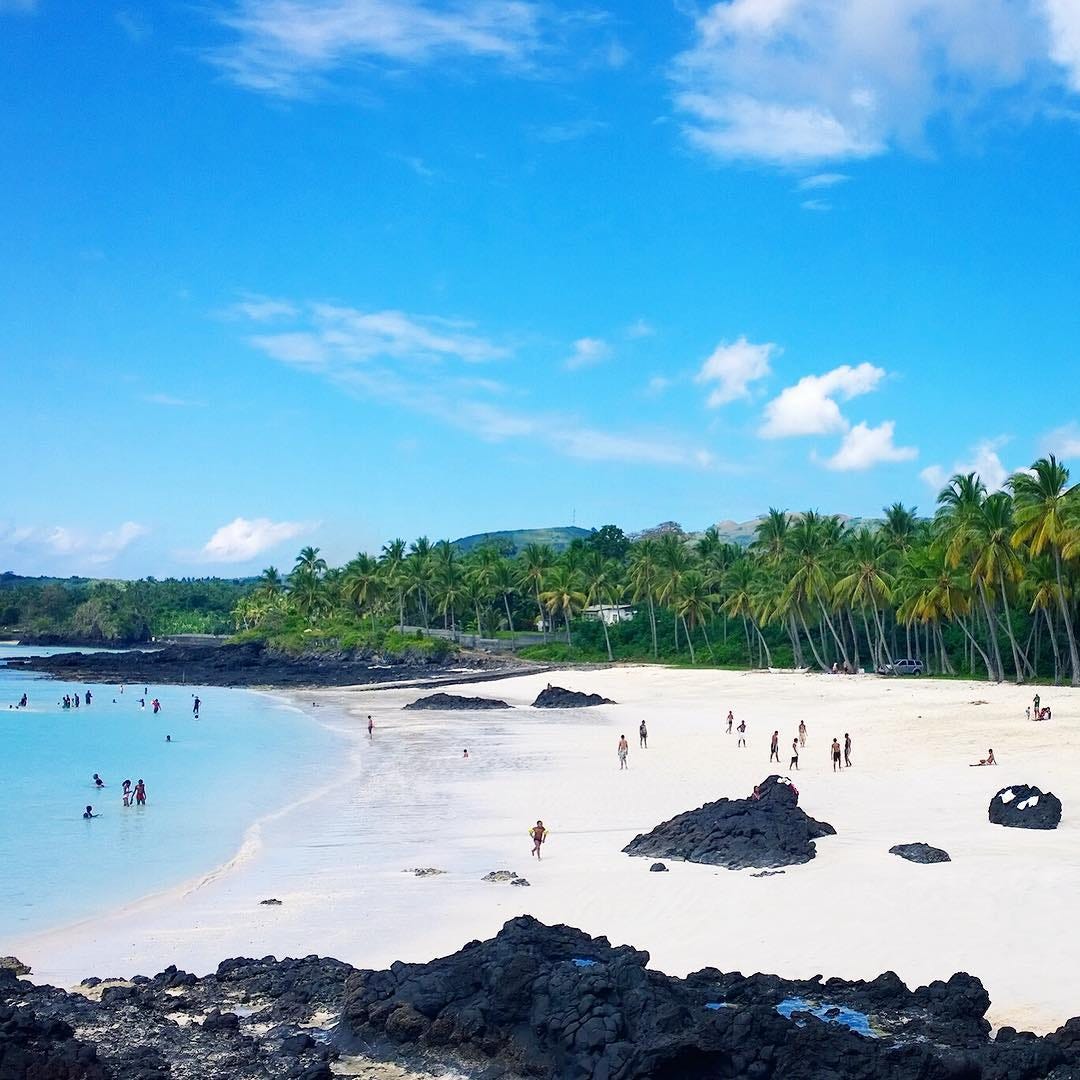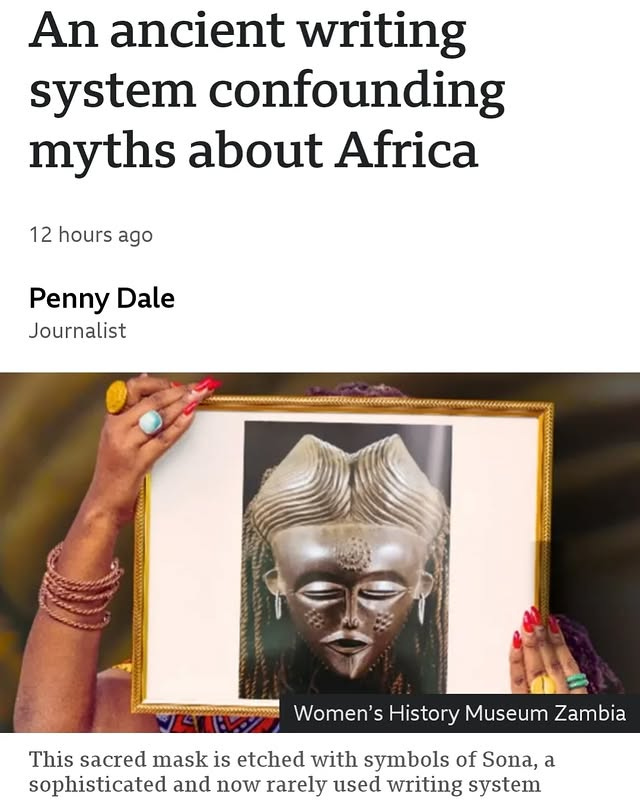🔅 Cape Town’s Secret Sauce: Sun, Sea, and PhDs
Plus, The Ancient Script That Social Media Resurrected
Good morning from… can you guess where? (Answer at the bottom!)
Cape Town’s Secret Sauce: Sun, Sea, and PhDs

Want to know why billionaire vaccine titan Patrick Soon-Shiong plonked a $250 million lab in Cape Town instead of his native Port Elizabeth or sunny California? One word: PhDs. Cape Town is flush with them, courtesy of the University of Cape Town (Africa’s perennial valedictorian) plus a supporting cast of Stellenbosch, UWC, and CPUT.
The result is an Oxbridge-Boston-style cluster where drug-discovery outfits like H3D spin antimalarials into phase-II gold and 75 PhDs call the lab home. Add South Africa’s “semigration” trend (Joburg bankers and Eastern Cape dreamers decamping for Wi-Fi, beaches, and mountain views) and suddenly the local coffee queue looks like a LinkedIn convention.
Banks, VCs, and fintech bros have followed the talent south, juicing an ecosystem that now rivals Lagos and Nairobi.
Caveat: funding’s still tight. As one community lead puts it, you can’t just saunter up to a VC and snag a cheque. And while much of the scene skews white (a legacy hangover), investors insist the so-called Rainbow Nation is finally starting to live up to its marketing.
Bottom line? Cape Town offers ocean views, vineyard weekends, and a steady drip of fresh scientific talent. If you’re hunting Africa’s next unicorn, or just want to code in flip-flops, Cape Town might just be it.
Zambia’s Hidden Code: The Ancient Script That Social Media Just Resurrected
For centuries, Zambia’s women carried the codes, quite literally. Etched into masks, hunter’s boxes, and even cloaks made from lechwe antelope hide, a nearly-forgotten writing system called Sona told stories of nature, community, and cosmic balance.
But colonialism did its thing: distorted what it couldn’t understand and stuffed what it could into museum storage from Lusaka to Stockholm.
Now, thanks to the Women’s History Museum of Zambia, these artefacts and the wisdom behind them are getting a second life on social media.
Each post from their Frame Project reframes narratives, and emphasizes the fact that Sona wasn’t just decoration, but rather a language taught and preserved by women. And now, revived by women.
Africa’s Dollar Detox

Africa is tired of paying the “dollar convenience fee.” Every time Zambia buys Kenyan tea (or vice-versa), both sides detour through New York banks, paying up to 30 % in fees on say a $200 million deal just to convert shillings into Benjamins and back again.
And so it has introduced the Pan-African Payments & Settlement System (PAPSS), a direct transfer system for nations that lets traders settle straight in naira, cedi, rand (take your pick) and slices those charges to about 1 %.
How it’s going: Launched in 2022 with 10 brave banks, PAPSS now counts 150 banks across 15 countries and claims potential savings of $5 billion a year in hard currency drain.
Who’s cheering: The World Bank’s IFC (shocking), which has started handing out local-currency loans so African firms stop sweating FX swings.
Who’s side-eyeing: U.S. President Donald Trump, of course, who is in tariff-happy form and who has threatened 100% duties on any bloc (read: BRICS) that dares sideline the greenback
South Africa, this year’s G20 chair, is pitching regional payment rails as a cost fix, not a geopolitical revolt. But the risk is that Washington lumps Africa’s cost-cutting in with Russia-and-China-style de-dollarisation dreams, which may cue more trade drama.
Bottom line: Africa isn’t plotting a currency coup; it’s just sick of paying Wall Street’s cover charge. Yet in a world where every FX workaround looks like a political statement, even a humble Zambian-Kenyan tea invoice can end up on Trump’s tariff radar.
Food for Thought
“One who knows no proverbs does not know the ancestors.”
— Nigeria Proverb
And the Answer is…
The photo is from Bouni Beach in Comoros. Photo taken by Femtse B. You can also send in your own photos, alongside the location, and we’ll do our best to feature them.





Papss sounds like good news to me!
Regarding Cape Town…
“And while much of the scene skews white (a legacy hangover)”
Strange to see this kind of talk. Cape Town was founded by Jan van Riebeeck, a Dutchman, back in 1652 so one would expect this dynamic African city to also have deep European roots.